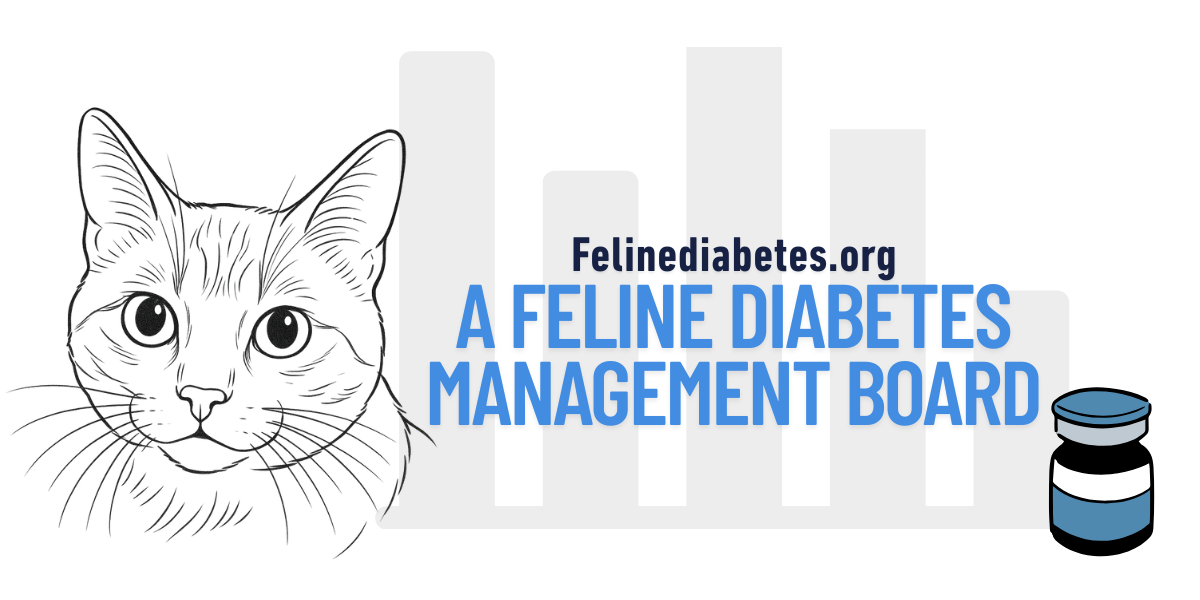The ISFM Consensus Guidelines on the Diagnosis and Management of Feline Chronic Kidney Disease provide comprehensive, evidence-based recommendations for veterinarians treating cats with chronic kidney disease (CKD). Developed by an international panel of veterinary experts, these guidelines address the complexities of CKD, a common and progressive condition in older cats.
Please also see Tanya's Comprehensive Guide to Feline Chronic Kidney Disease. They have a community similar to this one as well.
Key Highlights:
These guidelines serve as a valuable resource for veterinary professionals and caregivers aiming to provide optimal care for cats with CKD, focusing on enhancing quality of life and slowing disease progression through tailored, evidence-based strategies.
- Tim
Change Log:
Created on 5/19/2025.
Sources:
Sparkes, A. H., Caney, S., Chalhoub, S., Elliott, J., Finch, N., Gajanayake, I., Langston, C., Lefebvre, H. P., White, J., & Quimby, J. (2016). ISFM Consensus Guidelines on the Diagnosis and Management of Feline Chronic Kidney Disease. Journal of Feline Medicine and Surgery, 18(3), 219–239. https://doi.org/10.1177/1098612X16631234
Jill & Alex (GA). "Information on Diagnosis & Management of Feline Chronic Kidney Disease." Feline Diabetes Message Board, 10 Apr. 2016, Information on Diagnosis & Management of Feline Chronic Kidney Disease | Feline Diabetes Message Board - FDMB.
Please also see Tanya's Comprehensive Guide to Feline Chronic Kidney Disease. They have a community similar to this one as well.
Key Highlights:
- Individualized Care: CKD manifests differently in each cat, necessitating personalized treatment plans. Regular monitoring and adjustments are crucial to manage the disease effectively and enhance the cat's quality of life.
- Dietary Management: Implementing a renal-specific diet is a cornerstone of CKD treatment. Such diets have been shown to slow disease progression and improve survival rates. However, transitioning cats to these diets can be challenging due to palatability issues, and strategies to facilitate this transition are discussed.
- Blood Pressure Monitoring: Hypertension is a common complication in cats with CKD. Routine blood pressure assessments and appropriate antihypertensive treatments are recommended to prevent damage to vital organs.
- Evidence-Based Recommendations: The guidelines evaluate the quality of existing research to inform treatment options, ensuring that recommendations are grounded in the best available scientific evidence.
- Owner Engagement: Emphasizing the importance of collaboration between veterinarians and cat owners, the guidelines suggest that a strong partnership is essential for successful long-term management of CKD.
These guidelines serve as a valuable resource for veterinary professionals and caregivers aiming to provide optimal care for cats with CKD, focusing on enhancing quality of life and slowing disease progression through tailored, evidence-based strategies.
- Tim
Change Log:
Created on 5/19/2025.
Sources:
Sparkes, A. H., Caney, S., Chalhoub, S., Elliott, J., Finch, N., Gajanayake, I., Langston, C., Lefebvre, H. P., White, J., & Quimby, J. (2016). ISFM Consensus Guidelines on the Diagnosis and Management of Feline Chronic Kidney Disease. Journal of Feline Medicine and Surgery, 18(3), 219–239. https://doi.org/10.1177/1098612X16631234
Jill & Alex (GA). "Information on Diagnosis & Management of Feline Chronic Kidney Disease." Feline Diabetes Message Board, 10 Apr. 2016, Information on Diagnosis & Management of Feline Chronic Kidney Disease | Feline Diabetes Message Board - FDMB.
